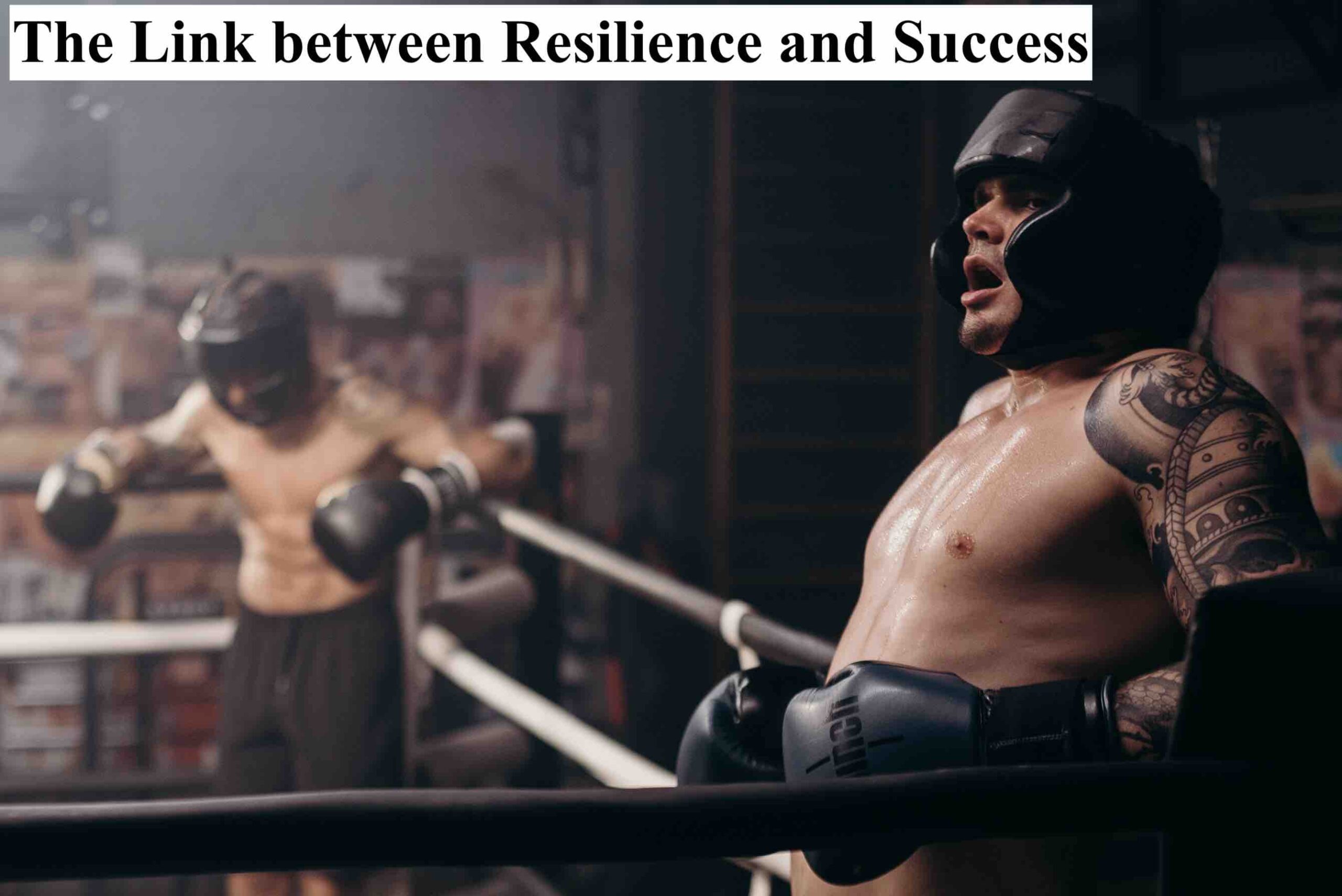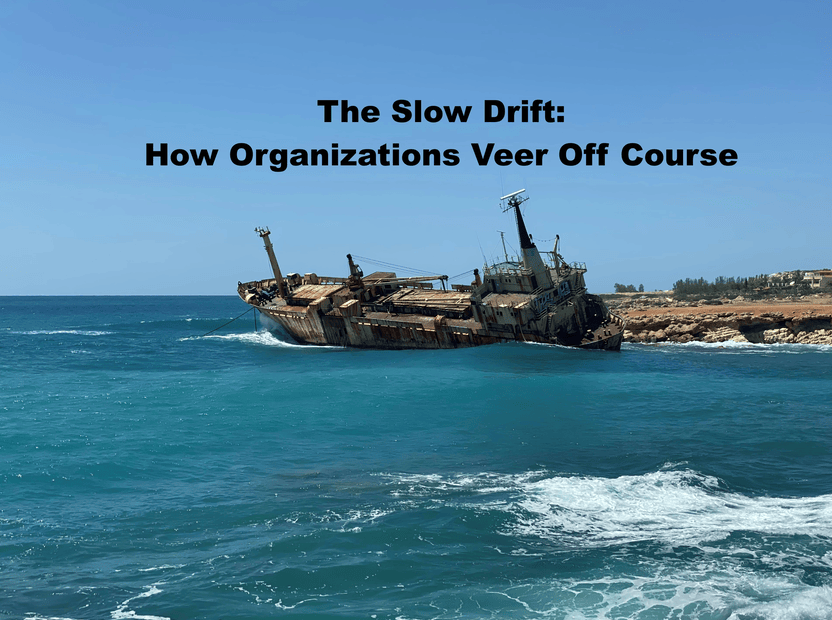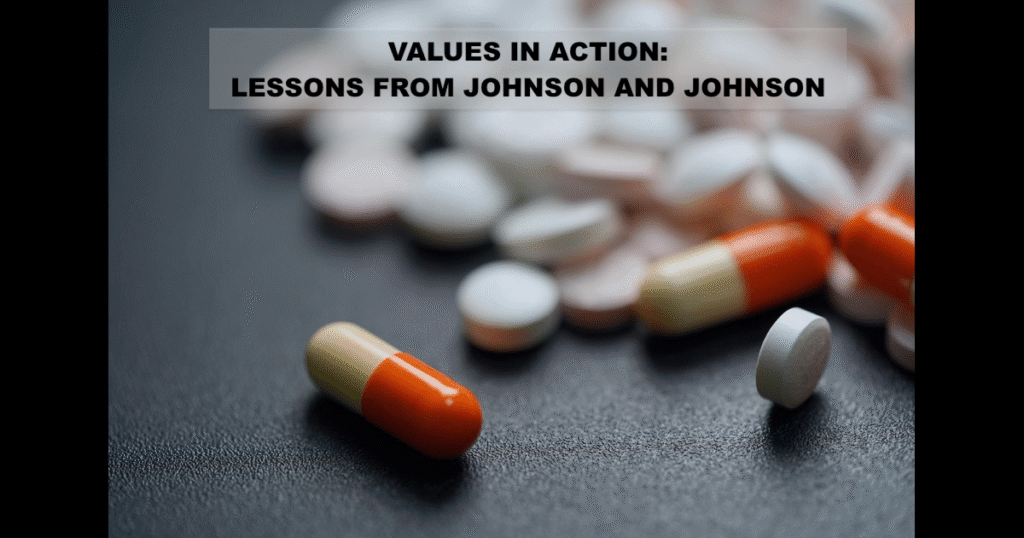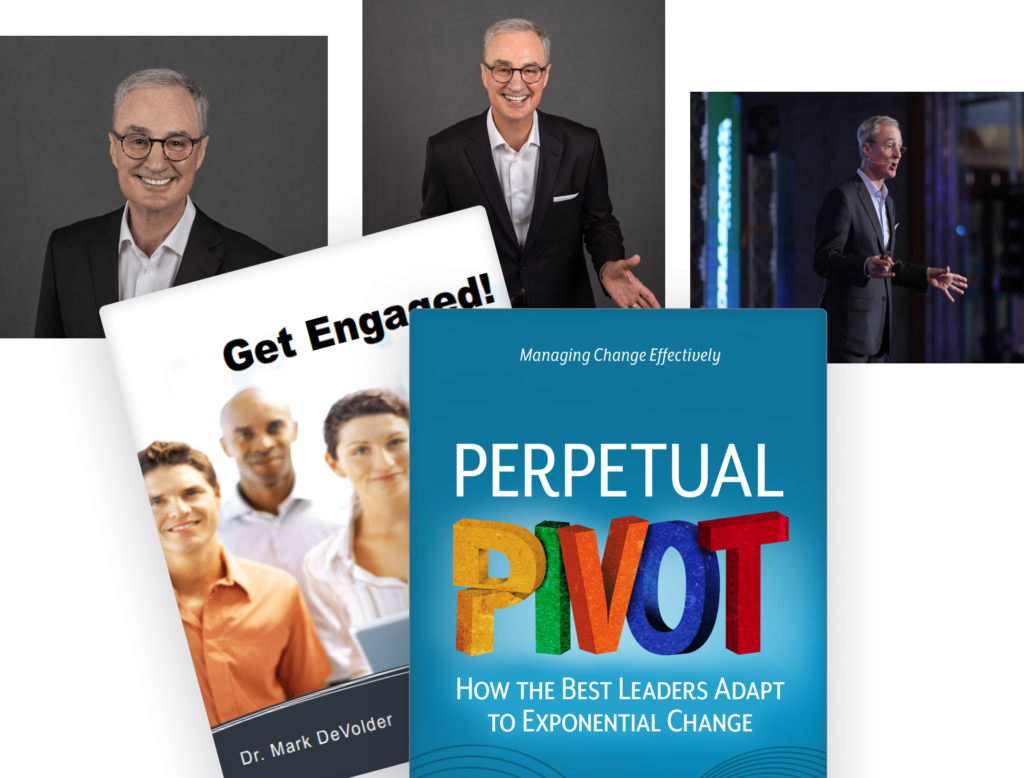We’ve all seen examples of people with an almost superhuman power to succeed when many others fail: that ability to dig deep and persevere when others quit; to overcome adversity and keep going. In a word, we’re talking about resilience. It’s the stuff of champions. In fact, it’s difficult to think of successful leaders who were not resilient. Success and resilience go hand in hand.
The two questions that have probably popped into your mind are: What is resilience? and How do we become resilient?
To answer the first question, we need to dispel a common misunderstanding. Many people think that resilience is the ability to bounce back despite the odds, and specifically to keep bouncing back again and again. Nothing illustrates this better than the Hollywood depiction of resilience. Think of the Rocky movies. In each of the eight movies (yes, eight) Rocky Balboa delivered the same message: I get knocked down, but I get up again. Against all odds and many times throughout the movie, Rocky was able to keep going and ultimately win.
It’s true that resilient people are able to persevere and overcome adversity. But what is misleading in the Rocky’s movies is that it appear as if resilience is a special ability for special people. Secondly, it appears that the way to become more resilient is to simply persevere. What’s missing in this resilience myth is how. How do we become more resilient?
The answer may surprise you. Research shows that resilience Is more about how you recharge than how you endure. In fact, taking the tough Rocky Balboa approach to resilience will never work in the long run, quite simply because of the lack of a recovery period. We can’t keep going on grit alone; we need to rest, refuel and recharge ourselves if we want to be resilient. The wise adage says it best: It’s easier to prevent burnout and exhaustion than to recover from it later.
So if you want to become more resilient and successful, make a plan to recharge yourself on a regular basis. Practice behaviours that have a positive effect your physical, mental, emotional and spiritual wellbeing. This means to strategically start, stop and pause specific actions that hinder your ability to recover from stress, exhaustion and adversity.
Examples could include: Start getting exercise every day, Stop working seven days a week, Pause your cell phone use during specific time periods during the day in order to give yourself a cognitive break. Did you know that the average person turns on their cell phone 150 times a day?
Choose behaviours that not only appeal to you, but that also have a positive effect on you. Instead of practicing a “grit and bear it” approach to the business of life , learn to rejuvenate yourself and increase your resilience as you “ready yourself to return to the performance zone.”
For more information on increasing your resilience, check out Mark DeVolder’s new book Perpetual Pivot: How the Best Leaders Adapt to Exponential Change. He provides valuable insights, answers and solutions about change, transition, leadership, engagement and teamwork. https://www.amazon.com/dp/1777386438





